Understanding Electrical Fuse Making
Electrical fuse making is an essential process in the production of devices designed to protect electrical circuits. The creation of fuses involves meticulous design and material selection to ensure they function as safety devices that interrupt power supply in the event of an overload or short circuit. This process is critical for safeguarding electronic components and preventing potential damage or fire hazards.
Types and Applications of Electrical Fuses
Fuses come in various types, each tailored for specific applications. DIY fuse wire and DIY fuse blocks are common in residential settings, where they serve as the first line of defense against electrical faults. In industrial environments, specialized fuses with higher current ratings are used to protect complex machinery. The application of fuses extends from simple DIY fuse boxes to intricate systems in commercial buildings, ensuring the safety and reliability of electrical networks.
Features and Materials in Fuse Manufacturing
The manufacturing of fuses incorporates materials that are conductive and heat-resistant, ensuring they melt quickly to interrupt the circuit during a fault without causing damage to the surrounding components. The features of a fuse, such as its current rating and breaking capacity, are crucial. The current rating indicates the maximum current the fuse can handle, while the breaking capacity denotes the maximum interruptible current, ensuring the fuse can effectively protect the circuit under high-stress conditions.
Advantages of Using Electrical Fuses
The primary advantage of using electrical fuses is their simplicity and reliability. Fuses require no maintenance, unlike other protective devices that may need recalibration or cleaning. They are also known for their longevity and consistent response time, which does not degrade with age. For those troubleshooting issues like a house fuse box making clicking noise, replacing a fuse can be a straightforward and effective solution.
Selecting the Right Fuse
When it comes to selecting the right fuse for your needs, understanding the specifications is key. It is essential to choose a fuse whose breaking capacity is sufficient for the circuit it will protect. A fuse with an interrupting rating that matches or exceeds the potential short circuit current ensures optimal protection. For those engaged in DIY electronic fuse projects, selecting the correct fuse is critical to ensure safety and functionality.
Procuring Electrical Fuses on Alibaba.com
Alibaba.com offers a diverse range of electrical fuse making options to meet various circuit protection needs. The platform connects buyers with a multitude of suppliers, providing a vast selection to suit different requirements and applications. Whether you are in need of a simple DIY fuse tester or a comprehensive fuse solution for industrial use, Alibaba.com facilitates the sourcing of these essential components without the hassle of traditional procurement methods.

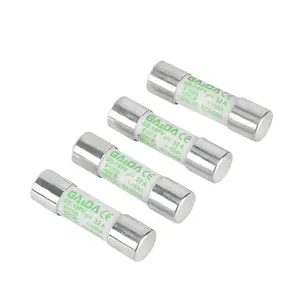




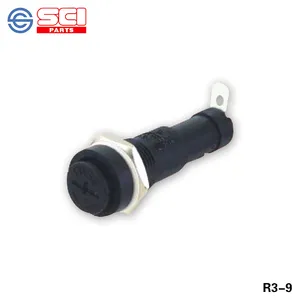

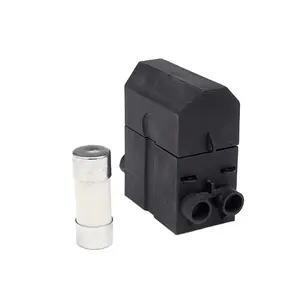




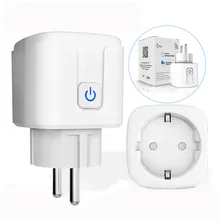

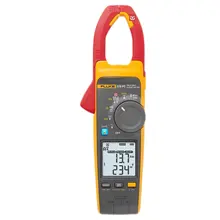

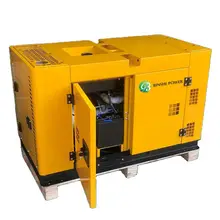
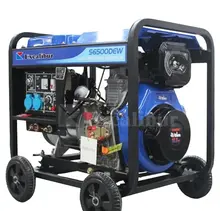

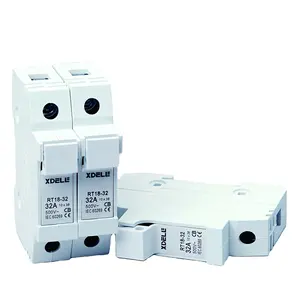






















 浙公网安备 33010002000092号
浙公网安备 33010002000092号 浙B2-20120091-4
浙B2-20120091-4